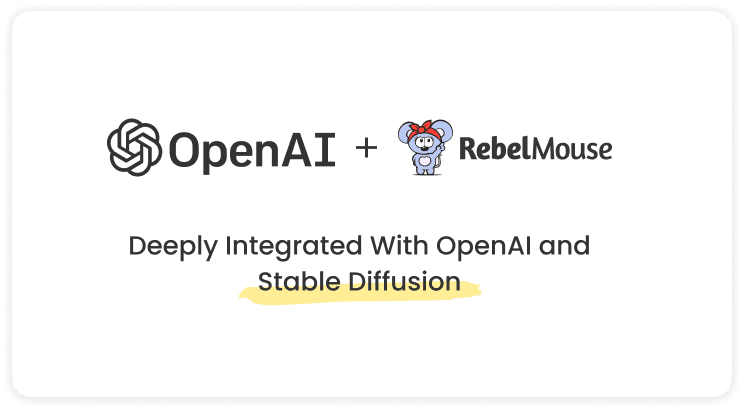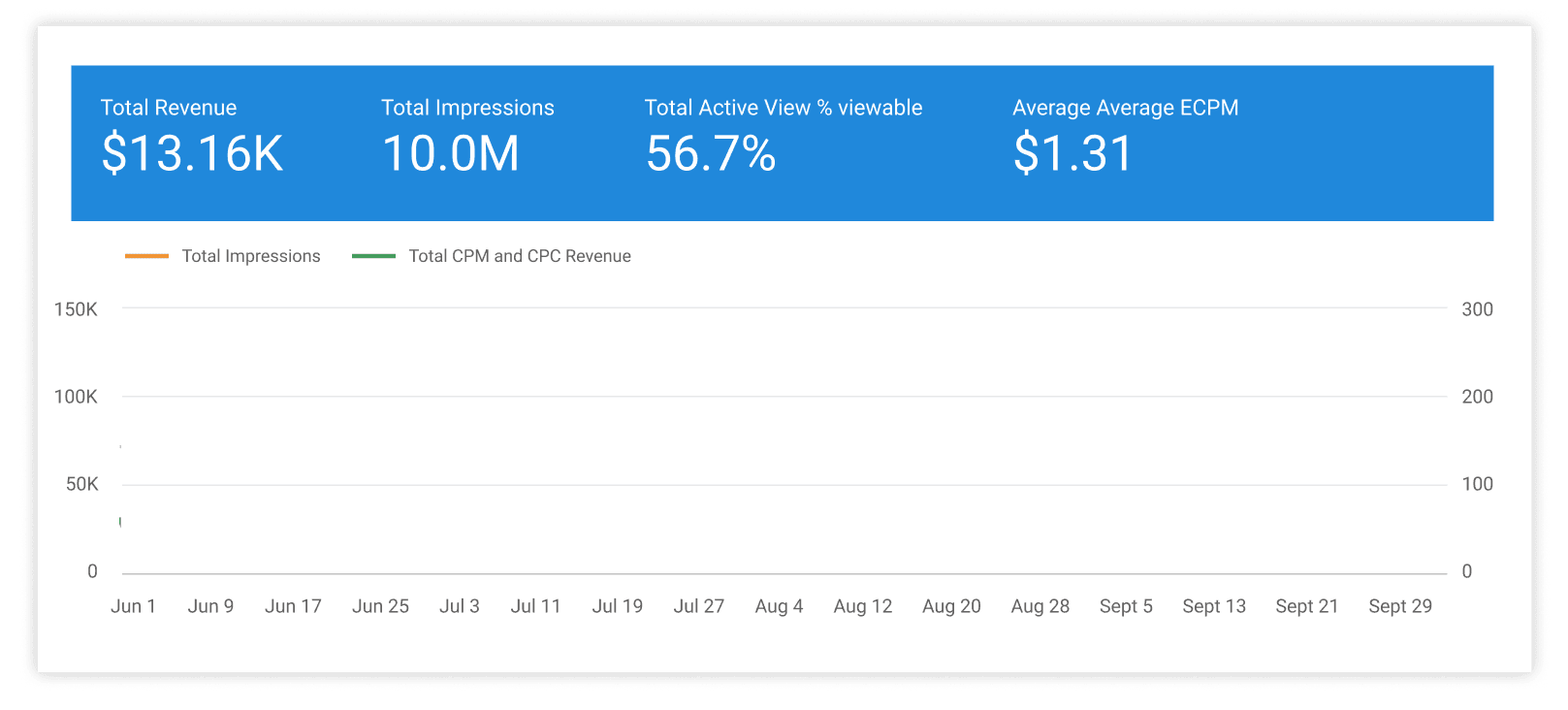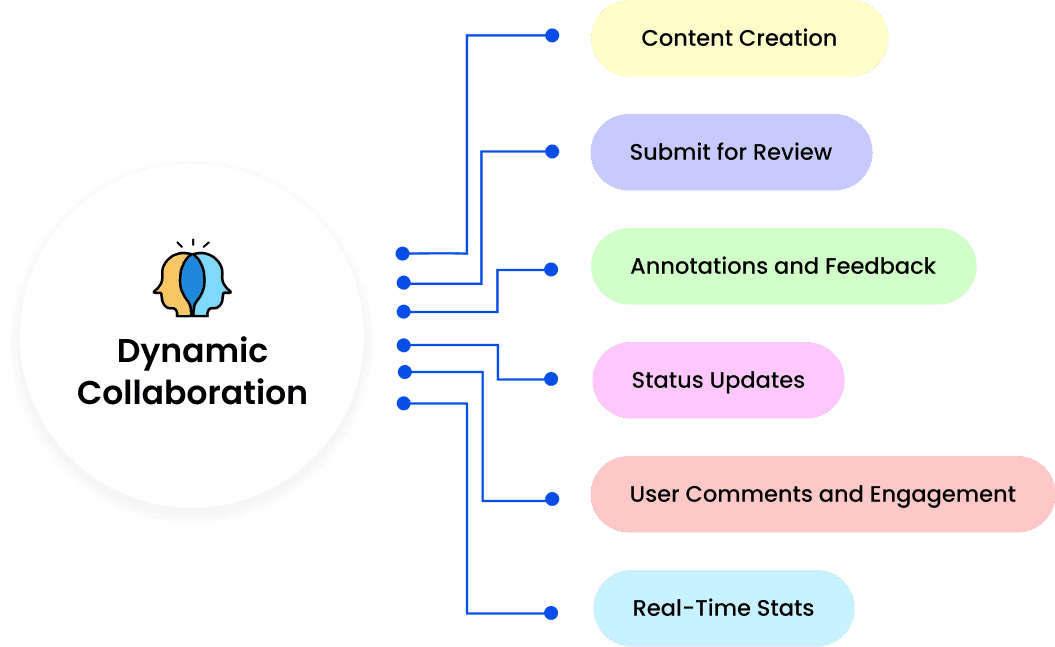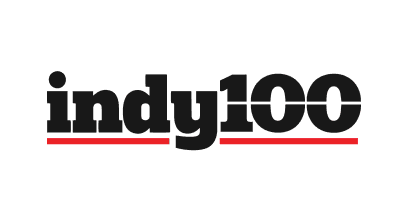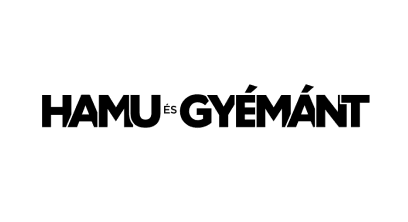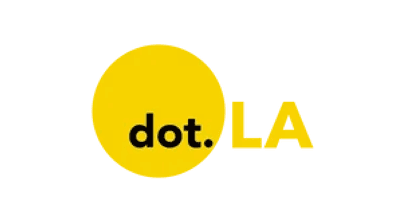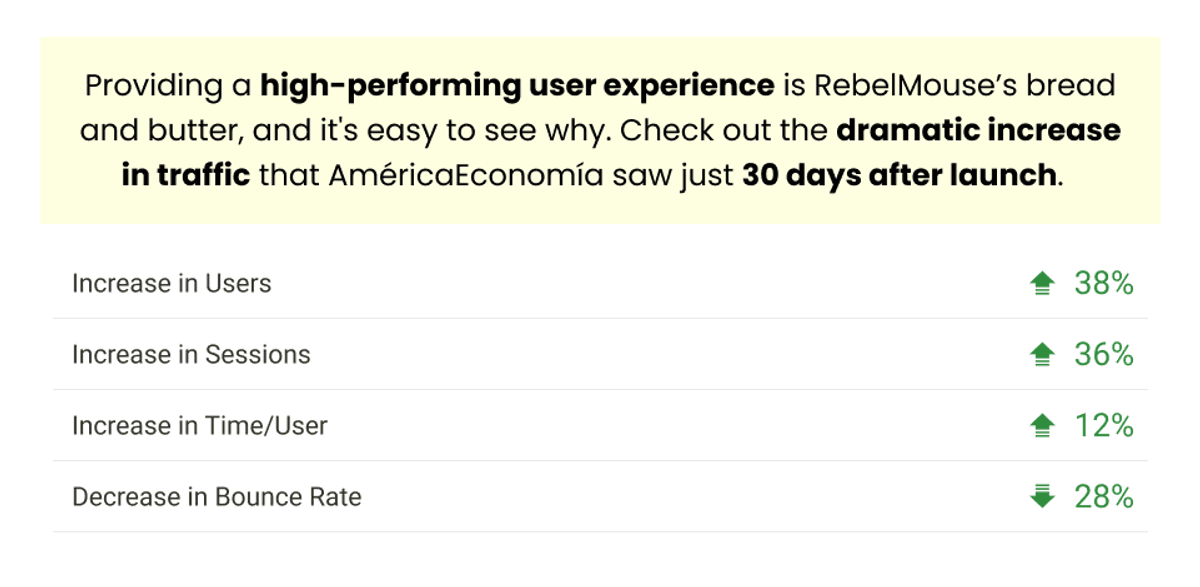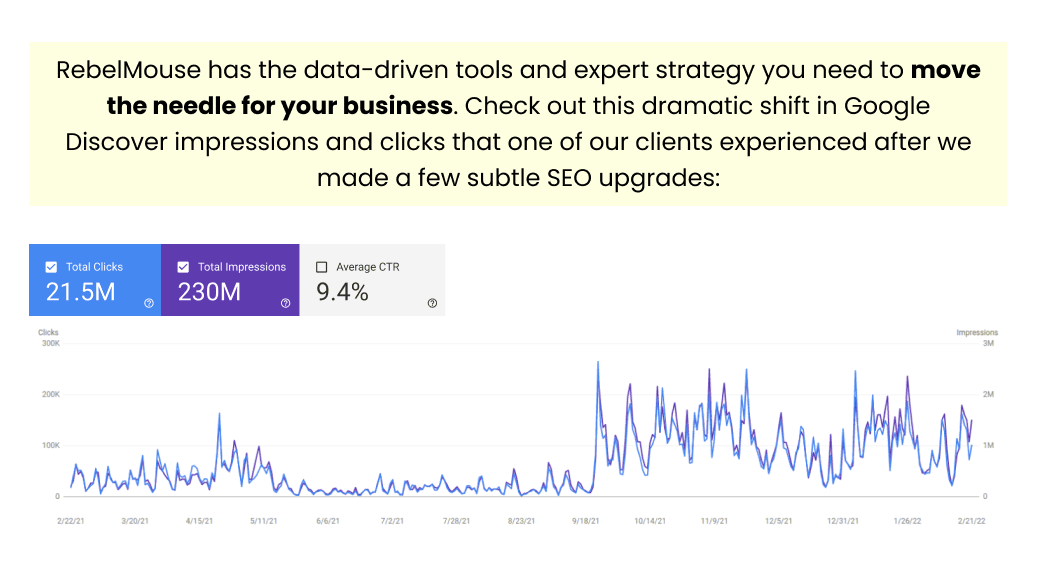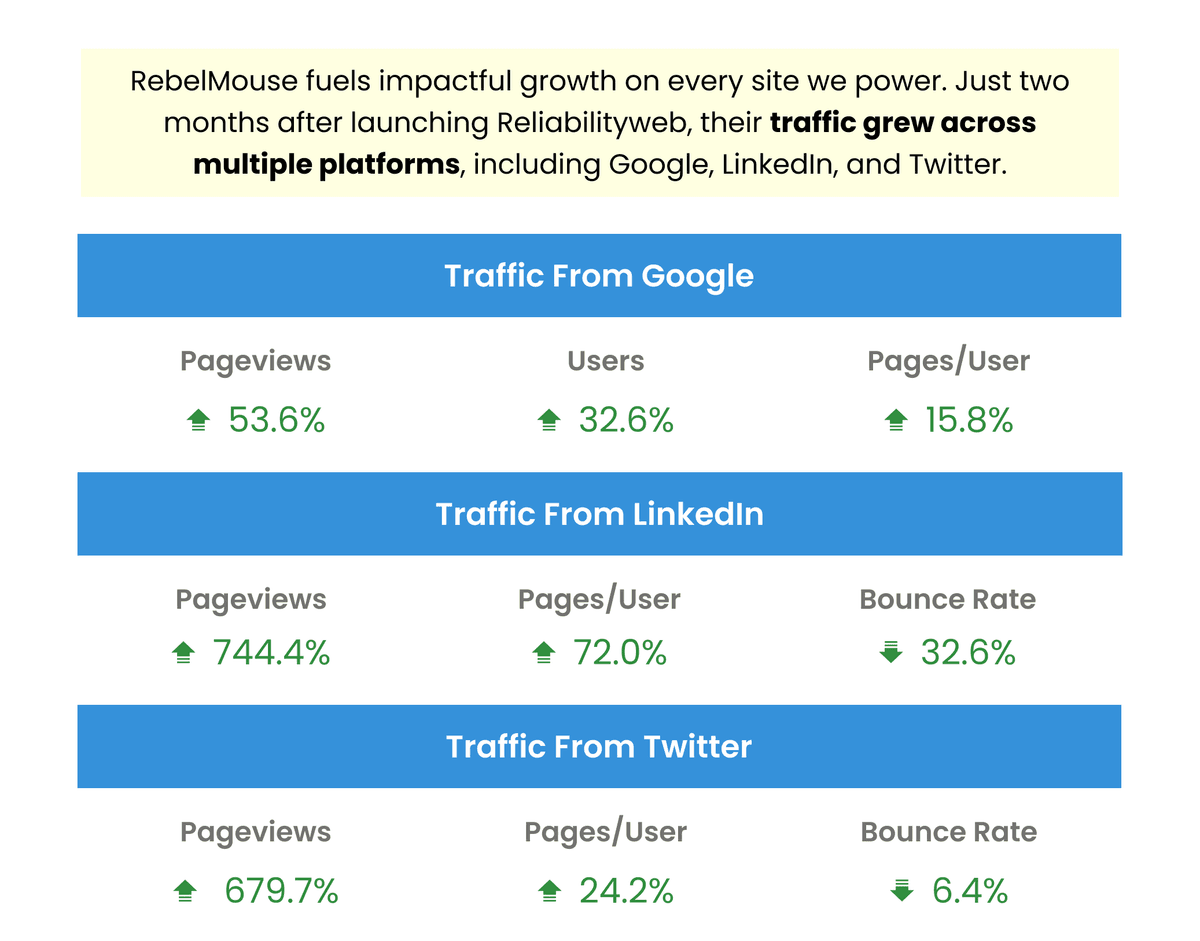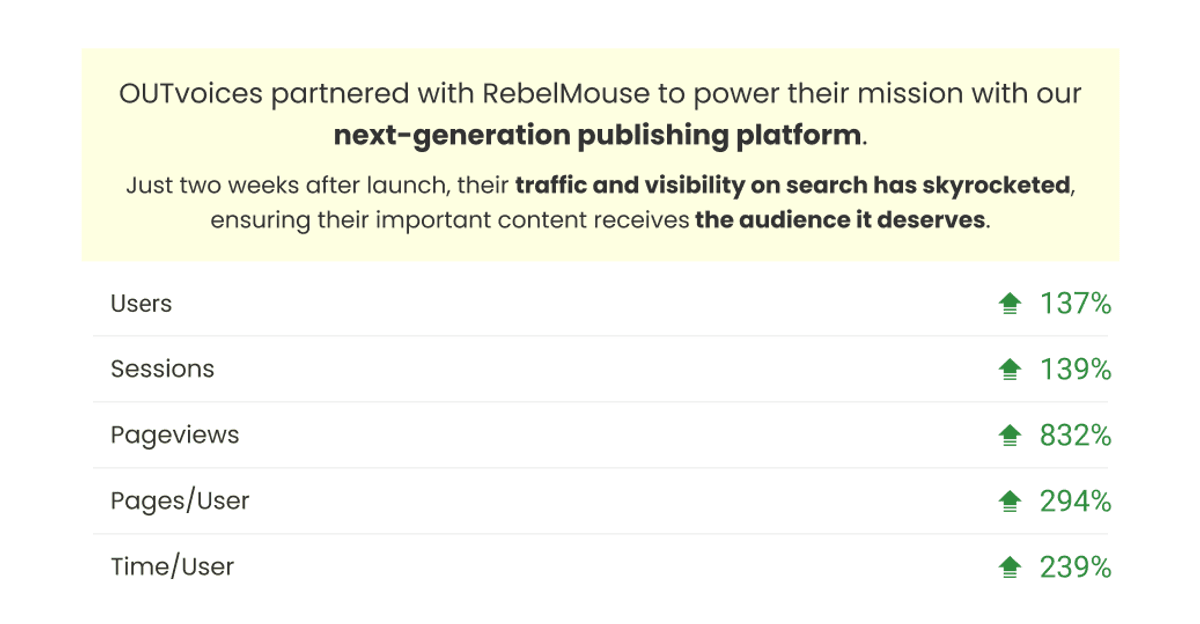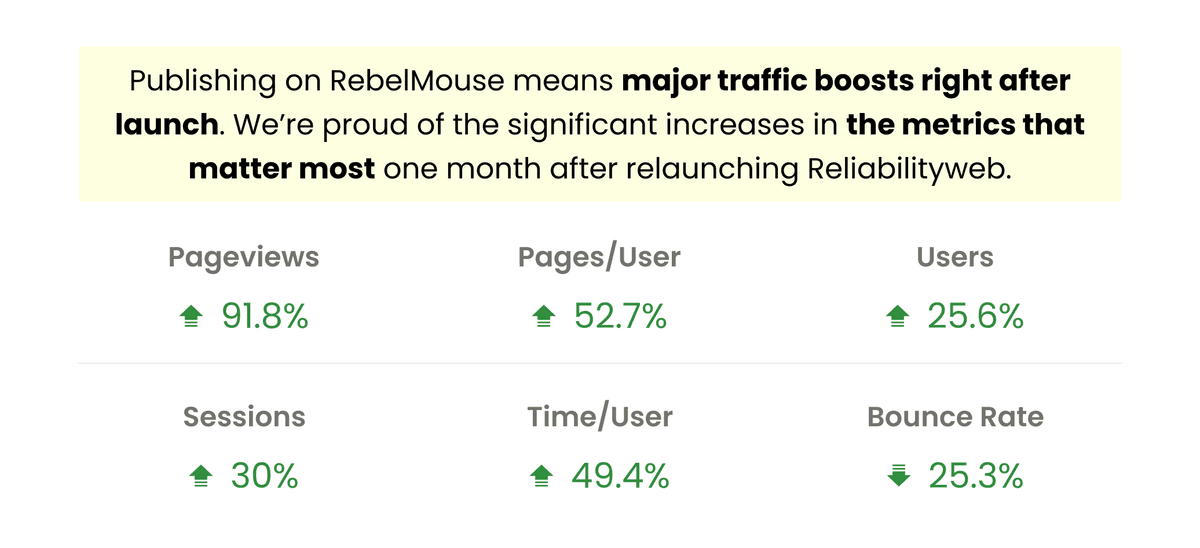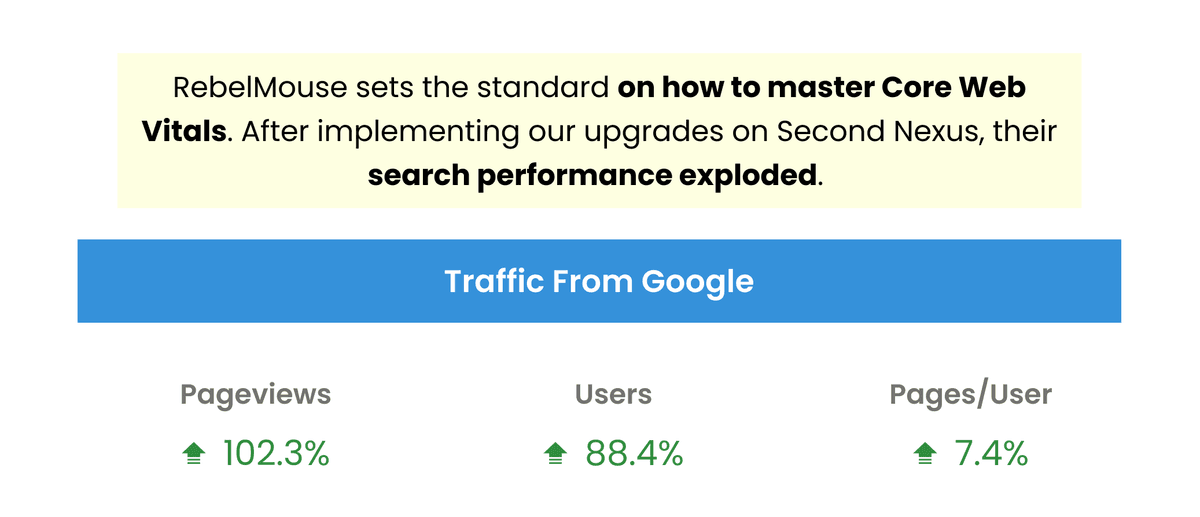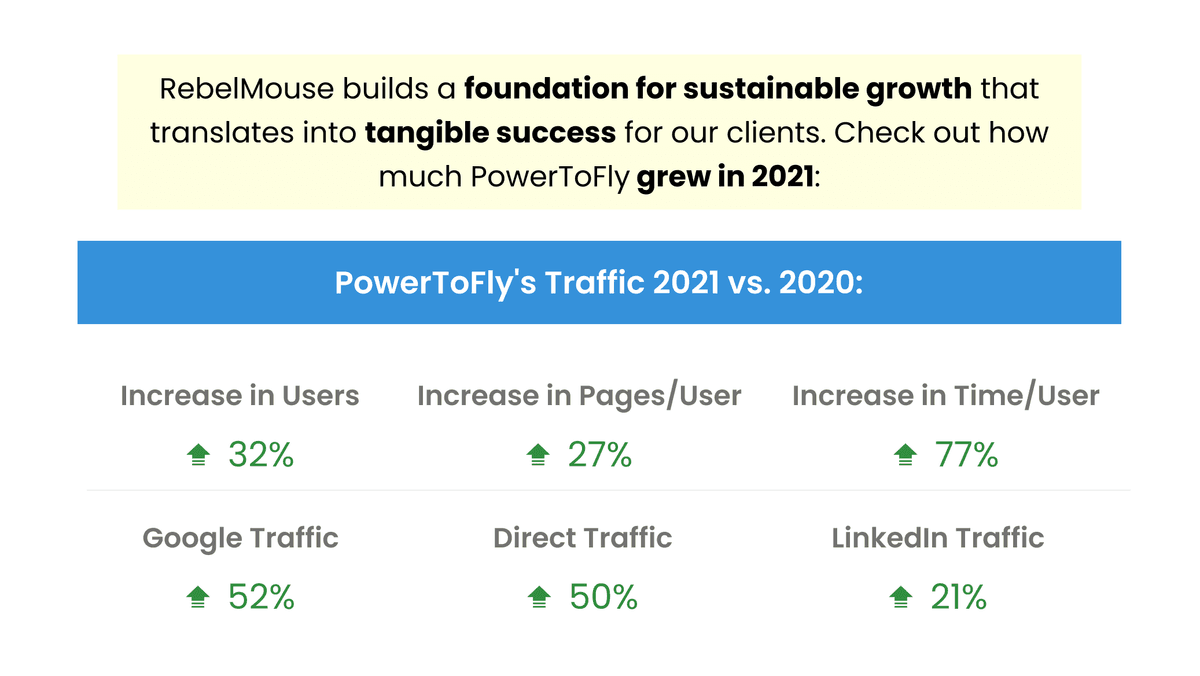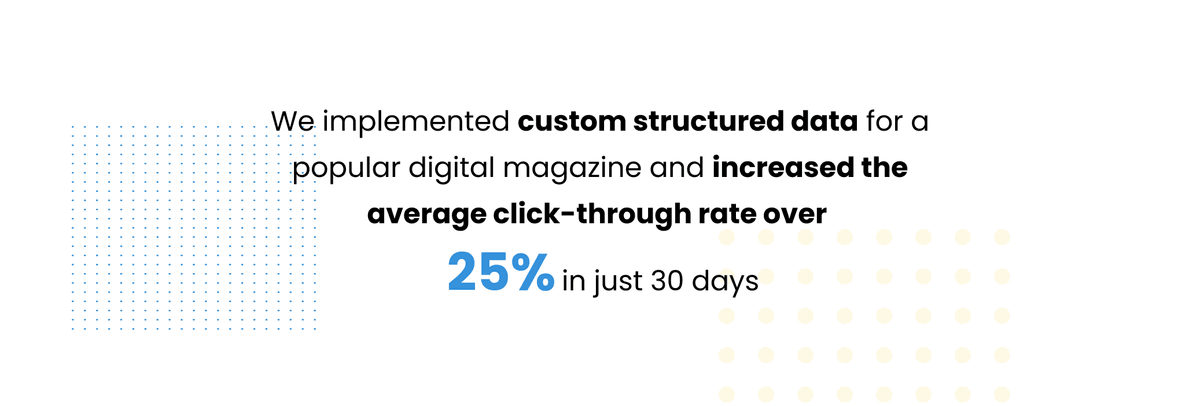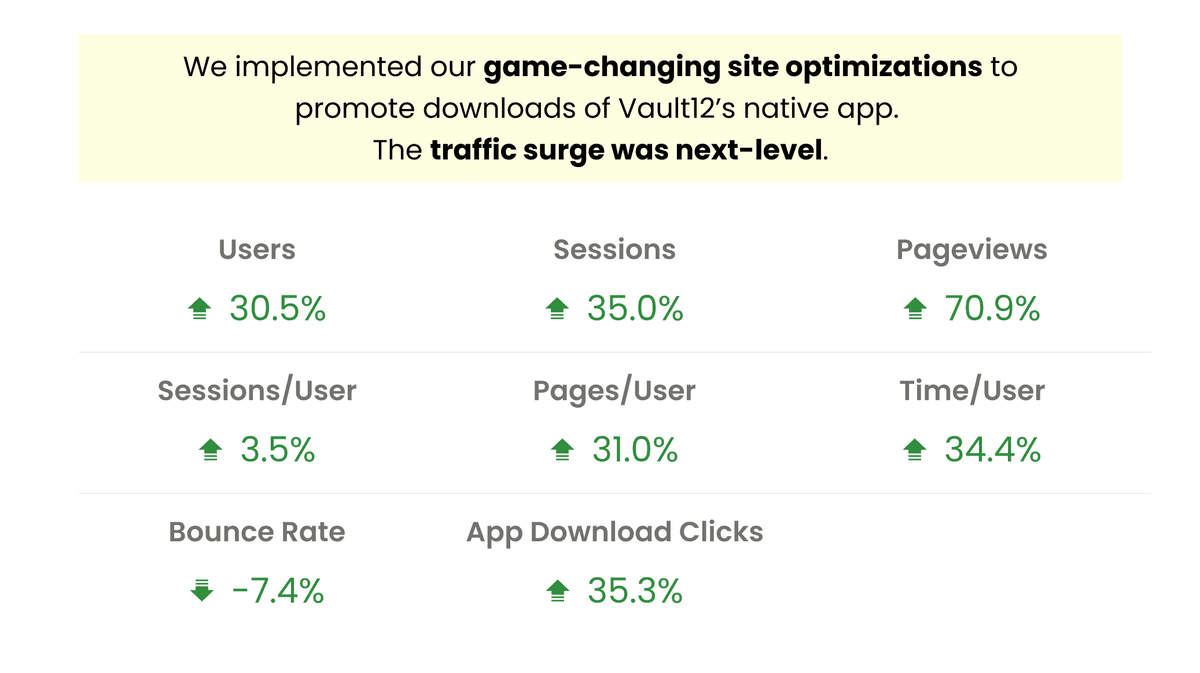A PSA to Brands: Control Your Context
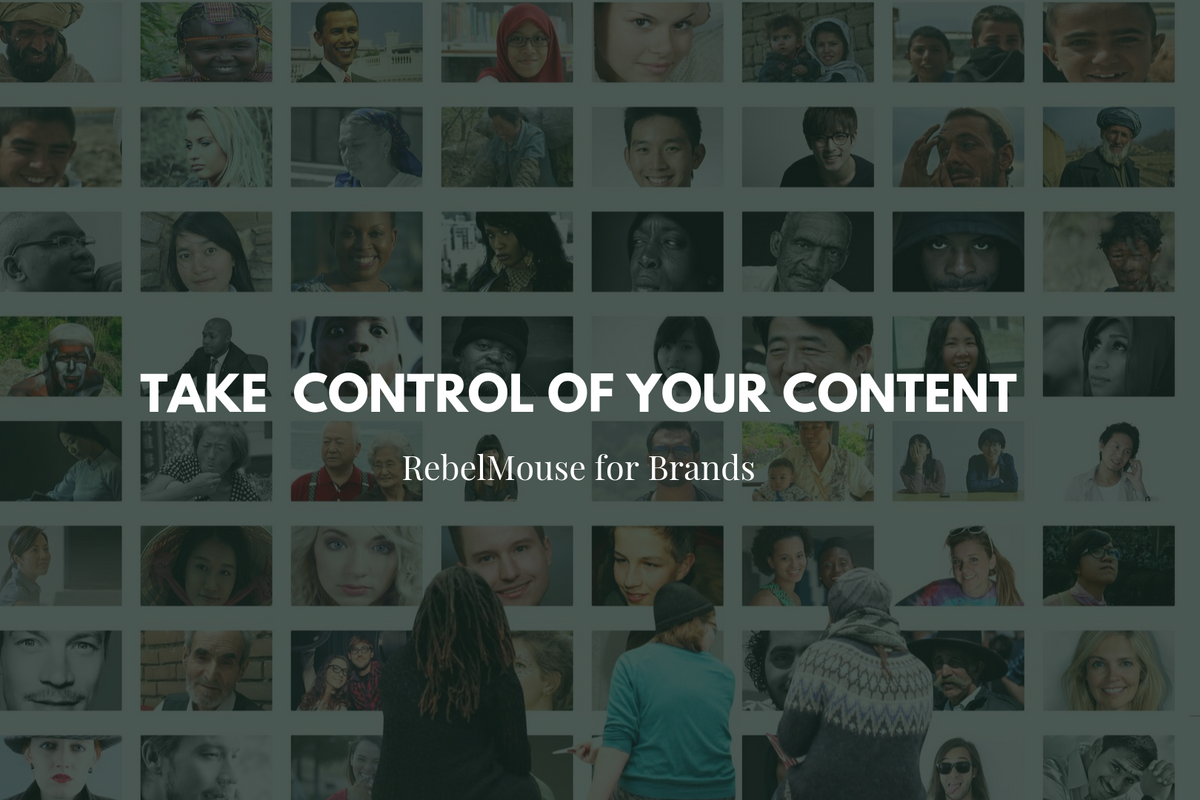
Resonate with your audience the right way
Programmatic Advertising Is a Gamble
For years, brands have relied on display ads and programmatic levers as a cheap and easy solution to spend large portions of marketing dollars. But the major frustration with programmatic advertising has always been the lack of control and transparency on where ads actually show up. And as banner blindness spreads, ad-blocking technology becomes more prevalent, and subpar or broken sites crop up at increasingly high rates, programmatic advertising will only become more expensive, unsustainable, and a huge risk.

According to
a recent study from Integral Ad Science
, when your programmatic ads happen to show up in high-quality environments, it could lead to a 30% lift in brand recall. But on the flip side, when your ads appear in low-quality environments, the consequences can be brutal: Ads in low-quality environments were perceived 74% less favorably, and even harshly, compared to the same ads seen on high-quality sites. Overall, users were four times less likely to think a brand cared about them after seeing the brand surface next to inappropriate content. Finding your ad in poor-quality environments creates a stronger impression among audiences, and it's not the kind of impression you want. Plus, it means that
your paid marketing needs to work harder
to boost your brand reputation, convert customers, and do damage control.
It's Time for Brands to Become Publishers and Take Control
As a brand marketer, you need to reclaim ownership of where and how your messaging shows up. One key way to control your context is to become a publisher. According to NewsWhip, 70% of people would rather learn about a brand through content than through ads, and 68% feel more positive about a company after engaging with the brand's content. And it's a good time for brands to go all in and create an advantage with content, too. Now, more than ever, page performance matters for audience reach, retention, and revenue. Google, along with Facebook, have explicitly made page speed a factor in search results and News Feed, while site visitors will quickly leave a page that takes more than three seconds to load. Media companies that have survived in the past with broken sites now feel the consequences of their low-performing properties due to their inability to provide solid returns to advertisers.
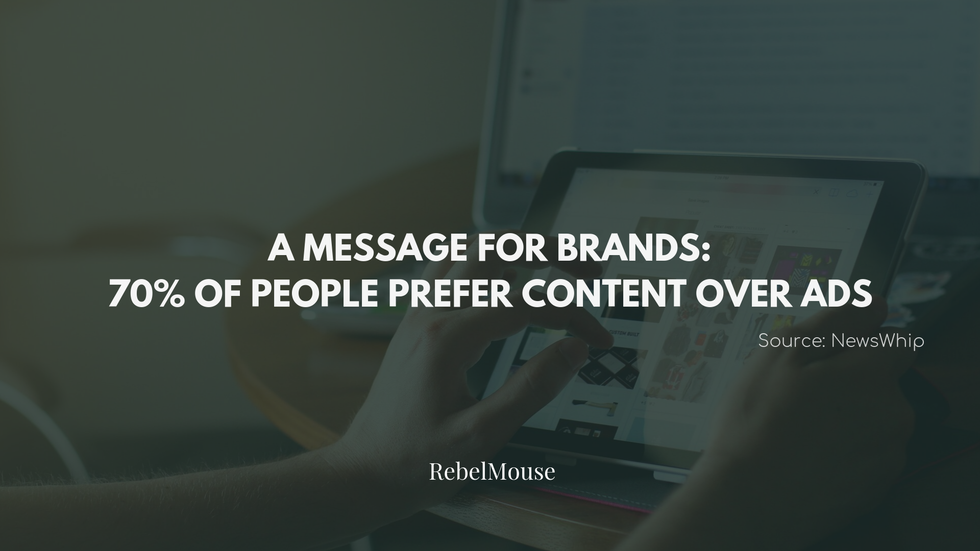
As a CMS platform and creative agency, RebelMouse partners with brand teams on best practices and innovative ways to build content experiences that will break through and resonate with audiences. For example, our work with
United Airlines
has produced a better-performing site and helped them beat out media companies to win travel search phrases for organic audience growth. Our partnership is a key reason why United Airlines' content now
drives the most web engagement
in their industry.
Choose Your Media Partners Wisely
If you plan to rely on media partners to place your messaging, then be selective and spend on the right context. Build direct relationships with quality publishers that prioritize the user experience and know how to pair editorial with premium advertising (in particular sponsored content) to maximize eyeballs and engagement for brands. RebelMouse powers a tight ecosystem of quality publishers, like PAPER Magazine and Motherly , that have built valuable, new media properties. We can connect brands into this network of quality sites to execute premium and effective campaigns at scale.
Build for the Future
Moving away from the inefficient world and disadvantages of programmatic advertising and creating a sustainable content marketing strategy is not easy — it takes organizational commitment, patience, and the right technologies. If you're a brand marketer, reach out and learn how RebelMouse's full-stack content marketing solution is ideal for your growth into a publishing powerhouse. If you're a media company and sell premium advertising, guide your advertising partners on how to build mutual value on your site when they're tempted to blindly toss marketing dollars on cheaper impressions.
























